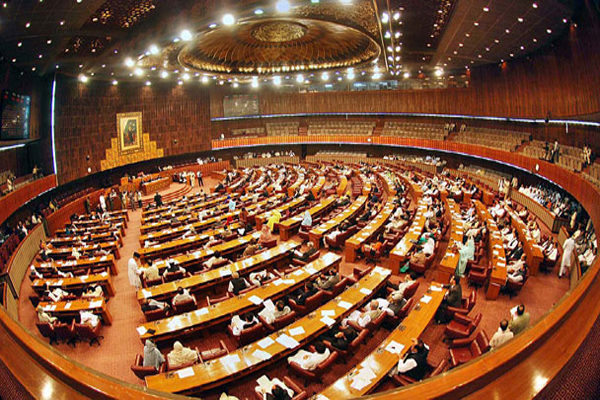ISLAMABAD: The National Assembly Secretariat has called on the National Assembly Standing Committee on Power to expedite the consideration of the Multi-Vendor Electricity Distribution Bill 2025, which was moved by MNA Shahida Rehmani. The Bill proposes to extend a competitive electricity distribution framework across the country, specifically targeting the monopoly in urban areas.
The proposed Bill seeks to establish a multi-vendor model for electricity distribution, which would allow more than one licensed distributor to operate in the same geographical area. This model aims to enhance efficiency, reduce costs, and eliminate monopolistic practices, particularly in metropolitan regions like Karachi.
The Bill references Constitution Article 38 (c), which mandates the equitable distribution of resources and provision of affordable utilities to all citizens. Under the Bill, the National Electric Power Regulatory Authority (Nepra) will be tasked with regulating the distribution licenses. It stipulates that no single electricity distributor shall hold exclusive rights in any urban or metropolitan area with a population exceeding one million.
Nepra will be required to establish a system for issuing additional distribution licenses within 90 days of the Bill’s commencement, giving consumers the option to choose from multiple service providers. The Bill also mandates transparent licensing procedures, non-discriminatory access to transmission infrastructure, and protection against over-billing and service abuse.
Existing licensees will be required to un-bundle their operations and allow access to other licensees within twelve months. Any company hindering access to distribution infrastructure will face penalties, including fines up to one million rupees and possible license suspension.
The Bill aims to address the long-standing monopolistic practices, particularly in Karachi, where K-Electric holds exclusive distribution rights. These monopolies have led to issues such as inefficiency, over-billing, and consumer dissatisfaction.
The legislation also seeks to reform the energy sector by decentralizing control, empowering provinces to regulate localized distribution, and fostering a competitive environment to attract private investment. This aligns with the spirit of the 18th Amendment, which devolved energy policy to the provinces, while maintaining central regulatory oversight by Nepra.




